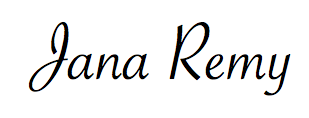For those of you who followed along on the FBLive videos that we created in the Archive last summer, you will know that we left you hanging as to the outcome of the developing relationship between Florence and Wally. Specifically, you knew that they had plans to marry soon but also that Wally would “ship out” soon too, and we didn’t tell you which would happen first.
Therefore, today I’m here to tease you with a bit more information. It can be found in this snippet from one of Florence’s letters:

My transcription of the relevant parts:
It’s been so dreadfully long since you left darling — since you kissed me Goodbye on the street corner in Las Vegas. Just think we will soon be married for four months, a third of a year, and we haven’t had one week together. It’s hard to take and I don’t want to go on this way. I want to be where you are. I wish something would happen so I could make some kind of plans. I don’t know how I can get out of LA on a plane or train at Christmas. There is just no space and I don’t even know whether I’m going so I can’t make a reservation. I do hope you call tomorrow. I’ve received nothing later than your last Sunday’s letter. That’s why my spirits are so very low right now…
Poor Florence, she hasn’t heard anything from Wally lately, she had to say goodbye to her brand new husband on a street corner as he shipped out for parts unknown-to-her, and she is struggling to make her holiday plans. I felt so awful for her as I read this letter, perhaps even more so because it’s that same time of year that I’m also scheming about all of my own Christmas plans!
So I’ll let you in on a secret to break a bit of the suspense. She gets her wish and Wally does come home for Christmas. And this time it’s not a furlough or a weekend break. He’s home for good.













